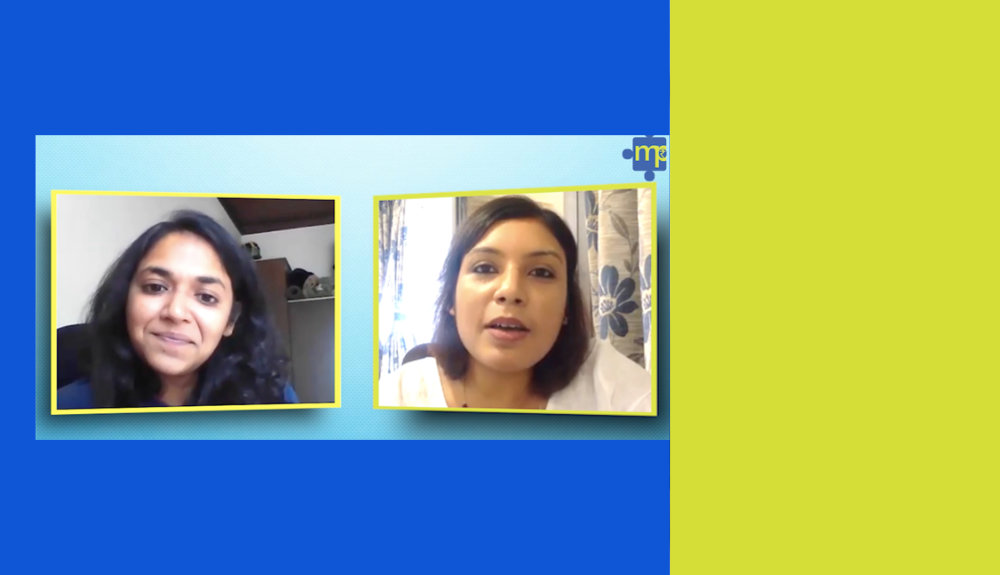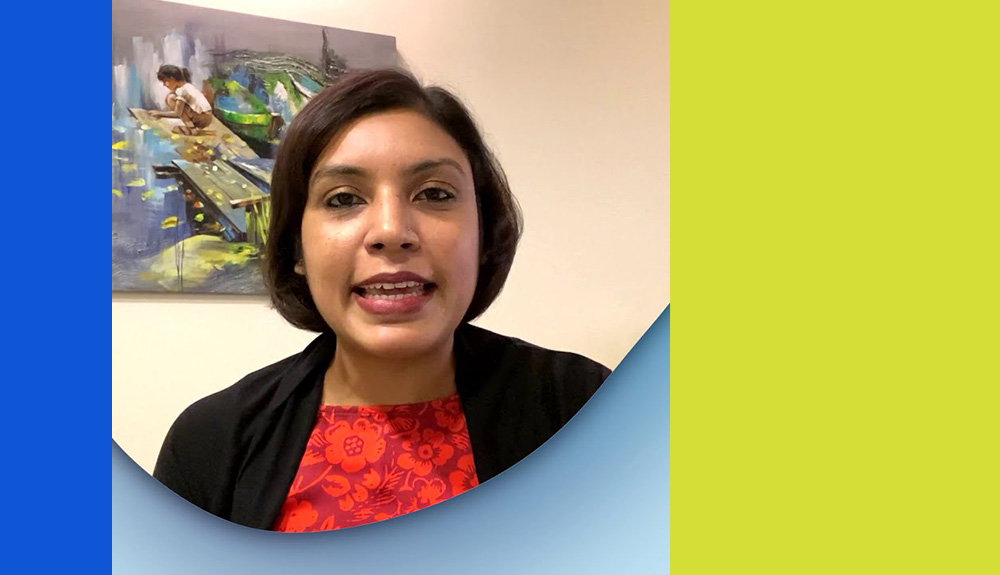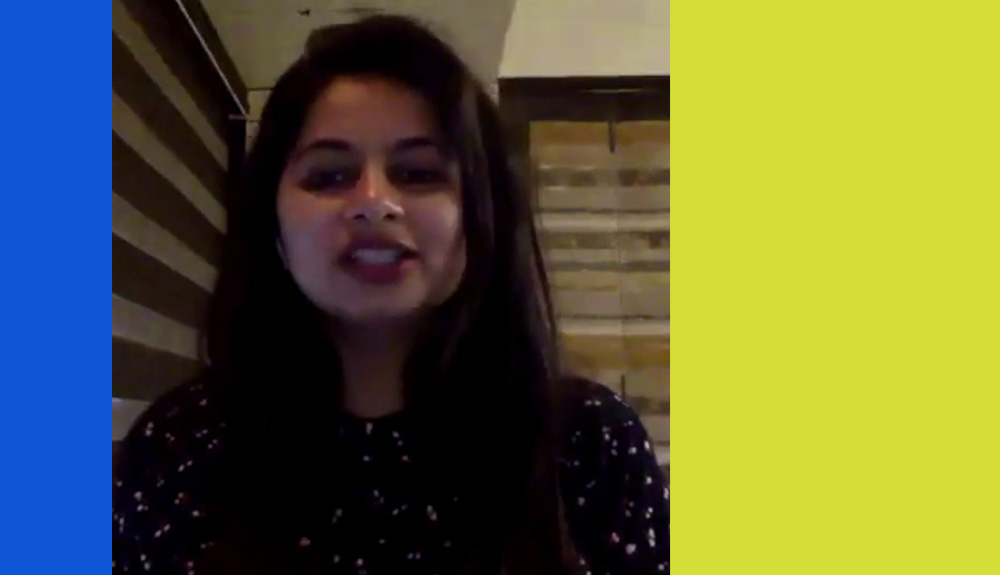Making this shift is not ever easy. The change is necessary for all aspects of life, but more so in our money lives. How we feel and think about money is rarely expressed openly but underlines so many of our actions and our behaviours in our daily lives. Unless we recognize this and then accept the need for change where there is one, it will prevent us from moving forward towards a content and satisfying life, a good life.
Two decades ago, just as I was finishing year one of undergraduate studies, I remember feeling distinct anxiety. I was having a good time, I had good friends, I was acing all my subjects and generally had no care in the world.
Except for one.
Even as I was acing all subjects, a small inner voice kept poking. It was telling me that the curriculum of the particular institute was too basic and somewhere inside I was afraid that even at the end of three years, I wouldn’t have learnt anything new or significant. Which meant, I would potentially go through college without building any new skills. That made me afraid. Afraid of what this would mean for my future, I tried to visualize and ended up with a wall.
Somehow, I got lucky and the outcome of this fear was really constructive. I changed my college to one where not just academic learning but also life lessons were on offer in plenty. In the two years that followed, I learnt a lot and I still look back at that time for all kinds of life lessons that I can now apply every time I am in a bind.
What makes you afraid is often also what makes you act.
If you ingrain this bit in your mind, then what you fear can simply become your strength.
When it comes to money we live with many fears. It’s fair to say that the biggest of them is perhaps not having enough. Even as I write this, I know that most of us haven’t yet and will not be able to define enough. However, defining this ‘enough’ is not a priority, what really matters is knowing what you want your money to do for you and how you can align your life goals with your finances. The ‘enough’ will get defined by itself along this journey.
In search of that enough, maybe you can begin by thinking about what you are afraid of, that which is definitely not enough. Defining this is not an easy task, because at all points in our life, at every minute in our day, we are thinking about something else. What we are afraid of goes to the back burner because we never want to face it.
Making the attempt to face these fears early in life can really be useful for you in crafting your fulfilment going forward. It is the key to defining your choices in life and outlining the successes that lie beyond those choices.
Accept and visualise
Your money life is no different. We all harbour some joys and some apprehensions when it comes to money. While you embrace the joys, what do you do about the fears? Let them go? Or let them drive you to the solutions?
First, visualize what your life would be like without this fear. Back in college when my fear was about getting left behind in life for the lack of having learnt anything significant, I could clearly see what the reverse of that would look like; success. Once you visualize the opposite of that which you are afraid of, you will use all the tools available to achieve this opposite.
Step one is to acknowledge the fears in your money life and step two is to visualize the exact opposite of that.
It is only when we accept, can we change.
It would have been easy for me to continue acing my lessons, as the grades would look great. However, accepting the gaps while appreciating the grades was key to the phenomenal change that came about later. It was literally the opposite experience of what I was going through.
A conscious choice
What you do with your money, how you treat it, how you save it, invest it, spend it, share it, should all be a conscious choice, driven not by fear but rather by the acceptance of it and a desire to change.
Financial success is part luck and part conscious effort. Letting go is part of this effort. When I decided to move between colleges, I was leaving behind a good life and taking on one that I had no clue about. Change will always come with its own risks. So, the choice is not just to ignite the change but also to drive through the risks and ensure that you land safely on the ground even as you get thrown up thanks to the bumps along the way.
Being uncomfortable is a good idea when you want to achieve more.
A situation that makes you uncomfortable is going to be a situation that you work hard at changing. This change does not come immediately and sometimes might come too late, but eventually, it is harder to live in discomfort rather than making that effort to change.
When it comes to your money life discomfort can come in many forms. Too little money and too much money, both have the same impact of making you uncomfortable if you are not using it in a way that brings satisfaction. Incrementally, every additional unit of money has a lesser ability to bring you happiness and contentment.
….. once you’ve left the poverty line behind you and saved up a financial safety net, money is not among the factors that contribute to a good life. … work on those other factors… genuine success… is anything but financial.
Rolf Dobelli – The Art of the Good Life
If too little money makes you uncomfortable, focus harder on supplementary income and save more to build that safety net. If too much money makes you uncomfortable, stop keeping a check and focus on building life experiences. Being afraid of either situation is only going to make it worse. Think of the opposite situation compared to where you are and then think of positives in that situation, what is it that you will gain and how will things be different, how will you be different? Then focus just on achieving those gains, in doing so you will come up at least a few steps closer to changing where you are at now.
In all this, be conscious that the change cannot just focus on more (or less) money. The change has to be about what you will do differently, the outcome, in terms of money, will follow.
There you have it, a long blog about digging inside, accepting your fears and then turning them into opportunities that help you move forward in a journey that is really never-ending. This is also a first step in sketching the outline of how you attempt to lead your life. Don’t underestimate the power of planning, even if the best-laid plans, fall by the wayside. Planning always begins with acceptance and release of that which is not working; transform your fears into your strength.
Accept. Embrace. Transform.
If you found this blog useful, please do leave your comments. If you didn’t, please comment and tell us what more you would like to read in this space.
If you liked this article you might also like:
She owned her mistakes and turned around her fortune

Siddhika Aggarwal started off having an estranged relationship with money. She only realised this was working against her when she ran into trouble with money. Instead of giving up and shying up, Siddhika took on the challenge headfirst and turned around her money mistake.
Where do we go now? Your investment approach in 2021

As 2021 gets well on its way, have you taken the time out to build your investmentAn investment is made to give you a return. You make an investment if you use your money to buy either physical assets like property or financial assets like bonds and equity with an aim to receive income or gains... More portfolio? Have you at least understood that saving and investing is the way to secure your financial future?
Stepping into the world of planning with Khyati Mashru Vasani

If you were confused about what financial planning entails and whether you should start with it or not – watch this 10 min discussion with a young planner who got the awareness early in life.

